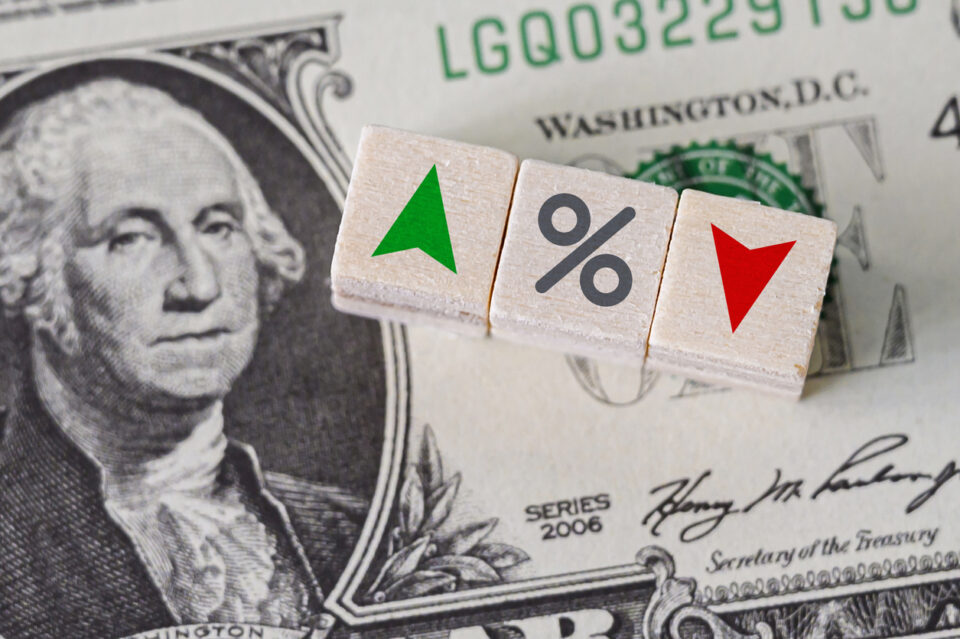Realize A Tax Windfall for PPP Loans Was Too Good To Be True
Date
May 4, 2020
Read Time
2 minutes
Share

The CARES Act created the Payroll Protection Program (“PPP”) whereby eligible businesses could obtain a loan to help cover expenses incurred during the COVID-19 pandemic. As part of the PPP, the government would forgive the amount of the loan that the recipient used for certain eligible expenses the recipient incurred during the eight-week period beginning on the loan origination date. These eligible expenses are: (1) payroll costs (e.g., wages, salary, etc.), (2) mortgage interest, (3) rent and (4) utility payments.
Generally, if a taxpayer has received loan forgiveness, the taxpayer must include the amount of the loan forgiveness as cancellation of debt income pursuant to section 108 of the Internal Revenue Code (IRC). To mitigate this result, the CARES Act also provides that PPP loan forgiveness is not included in the recipient’s taxable income.
Normally, a business could deduct the eligible expenses (payroll costs, mortgage interest, etc.) as ordinary and necessary business expenses pursuant to IRC 162 or deductible interest expense pursuant to IRC 163. However, in the case of a taxpayer who has its PPP loan forgiven, the taxpayer would receive a double tax benefit: (1) the taxpayer claims a deduction for a business expense and (2) the taxpayer does not include the amount of the loan forgiveness as taxable income.
The IRS recognized that this approach would result in an unintended tax windfall to taxpayers at the government’s expense. In Notice 2020-32, the IRS explained that, consistent with established tax law, a taxpayer that receives PPP loan forgiveness cannot claim a business deduction for the eligible expenses. The IRS explained that IRC 265(a)(1) and the Treasury Regulations disallow a deduction for expenses that would otherwise be deductible expenses if those expenses are allocable to income that is exempt from tax, whether under the IRC or any other law (including non-tax law). When the tax-exempt income is earmarked for a specific purpose and an expense is made for that purpose, the IRS will conclude that the expense is allocable to the tax-exempt income.
In the case of PPP loans, the government is providing loans specifically to help taxpayers pay their payroll costs, rent and mortgage obligations and utility payments during the COVID-19 pandemic. Therefore, it is logical that the IRS would view these expenses as allocable to PPP funds. When the PPP loan is forgiven, the use of those funds become tax-exempt income. Accordingly, the disallowance provisions of IRC 265 apply and the taxpayer can’t claim the tax benefit of deducting the expenses made with PPP funds to the extent the taxpayer’s PPP loan is forgiven.
For more resources and LP's response to COVID-19, visit this webpage.